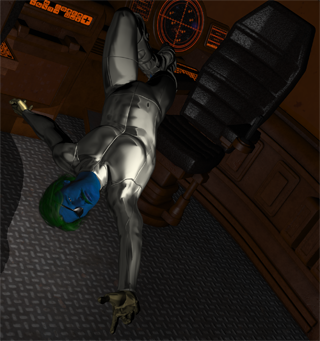Deadly Downton
Original Post: 5 March 2013
Posted Here: 2 December 2017
 The wind blows stealthily across the estate of Downton Abbey. Is that the scent of death in the air? Again?
The wind blows stealthily across the estate of Downton Abbey. Is that the scent of death in the air? Again?
Would you invite a spinster who fancied herself something of a detective to visit if you knew that wherever she went a murder would soon follow? Probably not. But where would the murder mystery genre be without a plethora of bodies? The long-running series, Midsomer Murders, elevated new ways to murder victims to an art form. In fiction, death can add an aura of immediacy to an otherwise routine situation. Or it can be an easy way out for an author who isn't sure what to do next.
The third season of PBS' popular drama, Downton Abbey, ended recently. Although it was not a murder mystery, we might still ask, "How many people died to keep it going?" Well, first, one of those folks on the Titanic was considered to be an acceptable heir to the estate and he (and his son) went down with the ship. Then the unborn child of the Lord and Lady died as a result of a mean-spirited act. Not long after, a foreign visitor died during a one-night stand with the eldest daughter. A footman died as a result of a wound incurred during The Great War, a way to get him married to a reluctant kitchen maid. The military officer who was the lover of another maid died before their illegitimate son was born. The vile wife of the Lord's valet committed suicide and the valet ended up in prison. Another of the Downton daughters died in childbirth. And, to wrap up the third season, the fine young man who rescued the estate from financial disaster perished.
That's at least nine deaths (ignoring all but two of the Titanic's victims). I may have missed another one or two since I'm not really a Downton fan. But I wonder, were these really necessary to keep up that aura of immediacy that kept folks from finding something more interesting to watch? Pointless deaths have not been limited to Downton Abbey. I read an award winning SF story in the last year or so in which one of the main characters died. I'm not even sure why, since I couldn't see that his death added any immediacy to the plot. Does anyone remember that "vent in Spleen", where a character in another SF story (from way back) died a horrible death just to allow that pun?
Please don't think that I have some sort of objection to death in fiction. After all, as I said, where would the murder mystery genre be without it? Characters in some of my own stories have died. A whole planetful in one case. Sometimes we know my unfortunate characters, sometimes not. But in every one of my stories, the deaths were "necessary" for the story to develop in the way that seemed appropriate.
I do object to death just for death's sake or just to help the author avoid coming up with a more compelling turn of events. Returning to Downton Abbey, couldn't the author find other compelling problems to drive a series that involves dozens of characters of different backgrounds and social strata? The program was not, after all, a murder mystery.
Seems to me that the fellow who wrote Downton Abbey could have made the story interesting by writing about human foibles and conflicts rather than relying on death.
Keep reading, keep writing - Jack